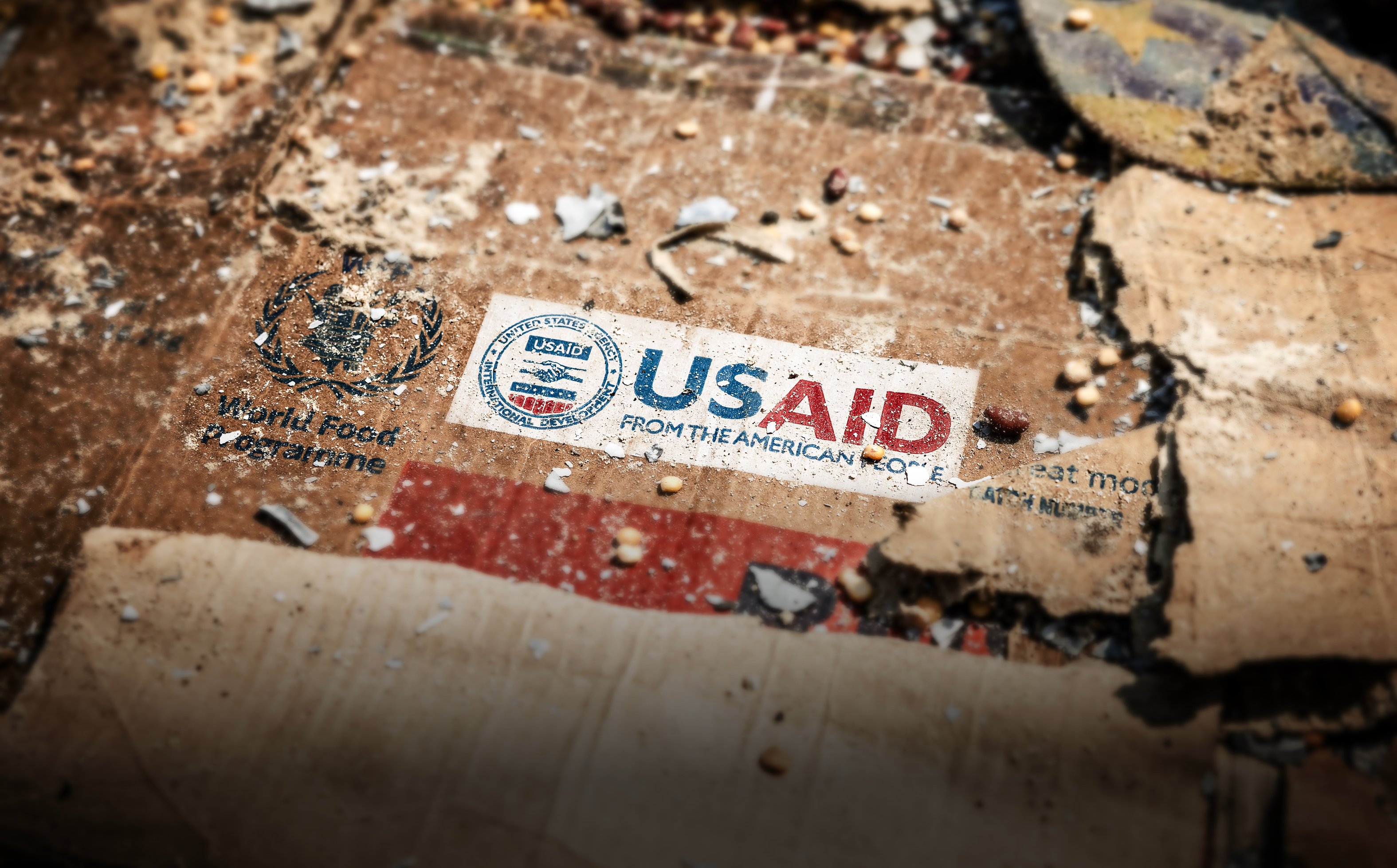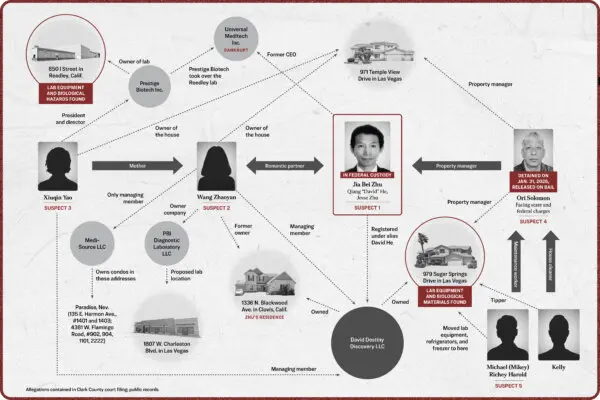JOHANNESBURG—African countries reacted with shock when the U.S. government recently cut $13 billion in financial assistance.
But analysts said the move could spur those countries toward better governance, and even critics said it shines a spotlight on the most corrupt nations on the planet.











